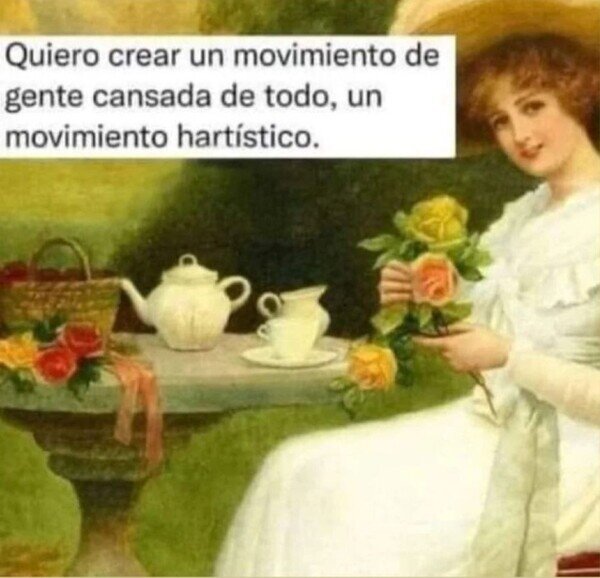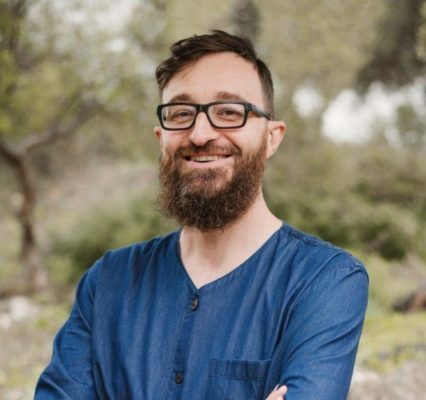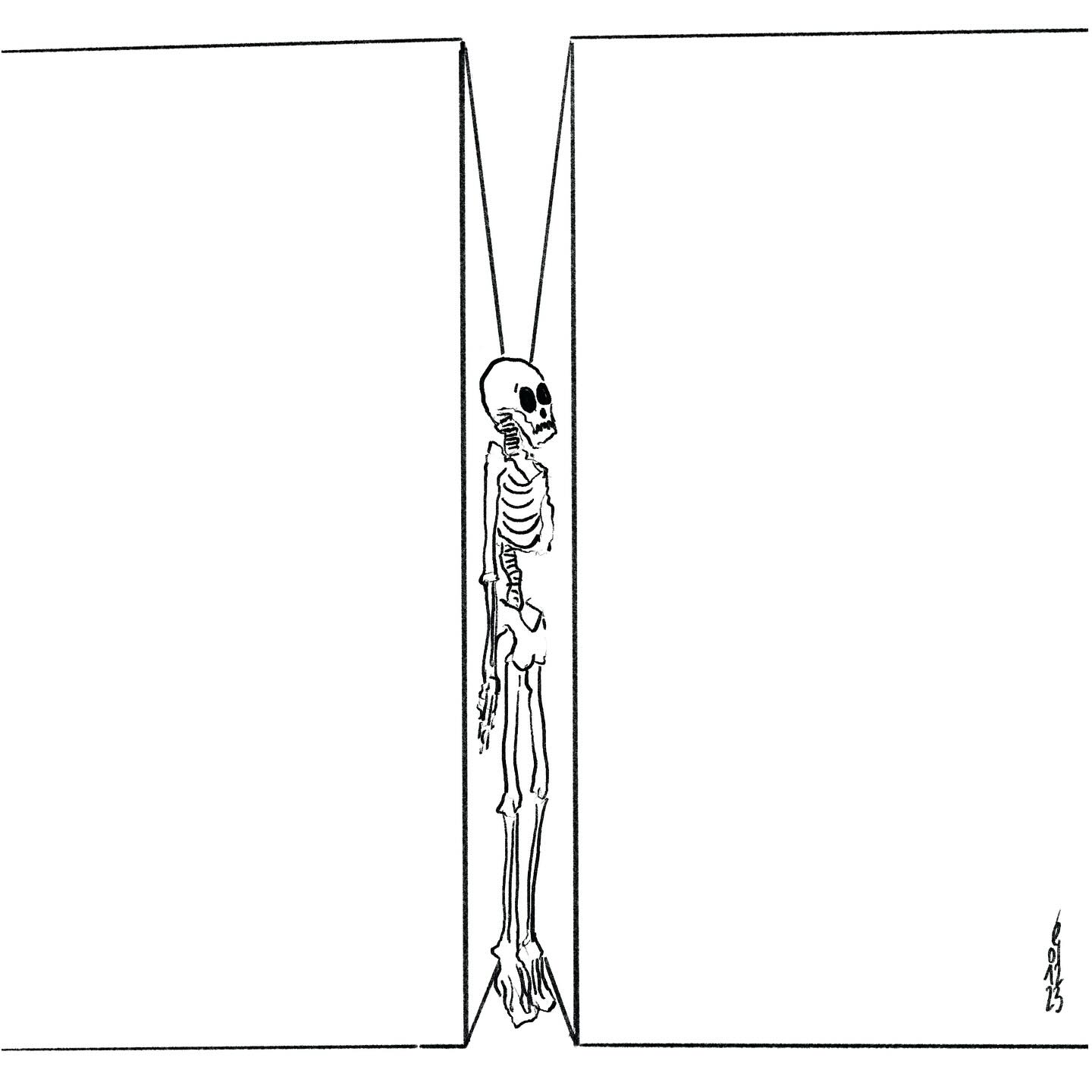Deep dives
Welcome to platform neo-unionism. Kellys, day laborers, Manteros, Mensakas riders and organized tenants are leading the way.

Hypothesis
Welcome to neo-platform unionism. Yes, the word trade union has risen from the ashes. Also new forms of unionism, the most relevant ones born out of processes of formalisation through civic crowdfunding campaigns: street vendors’ union, hotel and catering workers’ union, tenants’ union, nurses’ union, carers’ union. These new forms of social organisation have been called platform unionism, as a response to the corporate platforms of the digital economy.
- Why call it a trade union when we could talk about cooperative citizen platforms?
- How can those excluded from the workplace organise themselves?
- Could we bring Neo-Trade Unionism into deliberative democracy?
Job insecurity in Spain has been a growing concern in recent years due to the liberalisation of dismissals, the decentralisation of collective bargaining and the weakening of political representation during the economic recession, which have worsened conditions for many workers, especially those with temporary contracts or without union protection. At the same time, outside the workplace, new forms of resistance are emerging on the part of those whose problem is no longer job insecurity, but the risk of exclusion (migrant groups, domestic workers, evicted people, etc.).
Faced with this reality, neo-unionism emerges as a strategy to confront the precariousness of life, to offer new forms of collective organisation and to improve the conditions of the most vulnerable groups.
Why do we think this question is relevant to our ethical compass (The story of me)?
The creation of Neo-Syndicalism in Spain directly addresses the challenges faced by women workers and vulnerable people in an increasingly precarious environment. The exclusion of dissident and marginalised collectives from participatory spaces, coupled with hate speech and political polarisation, make it imperative to seek solutions that promote social justice, equity in the workplace and the struggle for rights.
At Platoniq, we understand that labour precariousness not only affects the material living conditions of workers, but also has an impact on their emotional and social well-being. Neo-unionism is presented as a tool to promote active participation and social self-organisation, as a way to rethink mutual support and collective action inside and outside the workplace.
Story of us (a series of objective data to back up the idea)
Trade unions are associations made up of workers in defence and promotion of their labour interests, vis-à-vis the person who employs them and with whom they are linked by contract. In Spain, CCOO is the leading force and UGT the second, holding between the two unions the hegemony of representation with 75% of the total delegates. With the labour reforms of 1994, 1997, 2010 and 2012, a process of decentralisation of collective bargaining took place, which led to a considerable reduction in its bargaining power, facilitating wage cost reductions with greater flexibility in hiring and firing.
With fragmentation comes a proliferation of non-standard workers, those who do not meet the parameters of a continuous, stable and full-time working life, i.e. workers in a temporary or part-time relationship, working at a location other than the organisation’s headquarters, or subcontracted or self-employed workers who provide services to other companies. The majority of room maids belong to this profile, with a temporariness of 80% and only 13% of contracts are permanent (Servicio Público de empleo Estatal, 2019).

This temporariness is a source of insecurity, both personal, social and monetary, and is associated with exclusion from the collective bargaining process, with a weakening or elimination of their demands and loss of protection of the collective agreement in some cases.
With outsourcing, the company subcontracts central positions of its activity to various companies, reducing costs and controlling labour disputes that tend to differentiate jobs. With these reforms, each worker can have different conditions and unitary collective bargaining is made more difficult by limiting the effectiveness of sectoral agreements. By breaking with the scenario where people live in relatively similar conditions and have common collective experiences through their job, it fragments work identity, as in the case of housekeepers.
In addition, the presence of “phantom union delegations” in companies with more than 6 workers makes it even more difficult to represent and defend workers’ interests (Dante de La Vega). Many traditional unions have lost the trust of women workers due to their lack of commitment and the presence of company-friendly candidates, which has led to a negative perception of their ability to improve the daily reality of employees.
Of course, this new typology of unions that make visible the oldschool vs newschool conflict is very present in migrant collectives and new jobs linked to platform capitalism, where international companies employ false freelancers for their core business. Capital has used new technologies to reorganise the production process and often also labour relations. Both industry and services are undergoing a process of profound transformation and even technological disruption. As a consequence, both traditional and new companies such as digital platforms are driving new ultra-flexible and precarious models of work organisation that are currently being fought either by worker cooperatives, such as the riders, or unions such as the Mantero or The Kellys.
In the case of the gig economy, a form of work in which the supplier and the applicant contact online through digital platforms for the hiring of sporadic jobs, digital trade unionism has reacted by fighting some of these collaborative platforms in the courts. RidersxDerechos succeeded in getting the 24th social court in Barcelona to rule that 748 Deliveroo delivery drivers were employees, establishing in the ruling the existing employment relationship.
In this sense, new forms of unconventional organising have already emerged, among which the following should be highlighted:
- Petition platforms, such as Coworker.org, which allow individuals and groups to launch and join campaigns aimed at improving their working conditions.
- Social networking sites, where powerful digital unionism can be built, given their capacity to spread and convene, and the reputational damage that a viral campaign can inflict on a company.
- Meeting forums, where new technologies not only allow gig economy workers to complain and complain, but also to share their experiences, such as the Turkopticon search engine, through which Amazon’s Mechanical Turk workers, originally independent and disorganised, can discuss their work and evaluate their customers, so that other workers know which ones to avoid.
- Digital cooperativism, where, in the face of the precariousness that prevails in certain labour sectors, digital cooperatives are emerging with their own platforms that put workers and clients in direct contact with each other, thus avoiding the costs of intermediation.
- On the other hand, the breakdown of trust in the public administration, the multiplication of social centres, selfmanaged centres or athenaeums, or the empowerment of many projects in neighbourhoods (consumer cooperatives, the PAH, etc.) have made visible other ways of constructing a non-state public sphere. That is to say, a series of projects that look after and promote public interests, but built on the margins, or even “in spite of” the administration (Font, Ojeda, Urbano, 2015).
Story of now: How do we answer this question?
From the Platoniq Foundation we support and promote initiatives that fall into the category of Neo-Unionism. We consider Goteo.org as a platform to raise citizen movements “Below The Radar”. Organisations that have a social purpose supported by voluntary activity, but are not affiliated, registered or regulated, and - perhaps because of this - have no apparent direct financial support from traditional funding bodies).
The case of Top Manta, a cooperative of street vendors in Barcelona, illustrates Goteo’s commitment to social and democratic change. The platform helped vendors, mainly immigrants, many of them in an irregular situation, to establish an association that functions as a vendors’ union, which eventually became a cooperative. In this sense, Goteo not only provides funding, but supports people without legal status to establish themselves as social entrepreneurs and develop means to support themselves as a community.
Las Kellys obtained through Goteo the funding to set up an online booking centre for hotels that respect their labour rights, recovering the workers’ tradition of the union label (they will launch a “kelly label” and the guarantee to obtain it will be compliance with the collective agreement, the law on occupational risks and equal pay between men and women).
We also have inspiring examples of unionism for a dignified life, such as the Sindicato de Inquilinas e Inquilinos, in defence of the right to housing and fair rents. Or the Jornaleras de Huelva en Lucha, who work together on the basis of feminism, ecologism and antiracism, determined to put an end to decades of precariousness and oppression.
As an example of platform cooperativism we have Mensakas, a worker cooperative dedicated to urban messaging and delivery with bicycles and cargo-bikes, which flees from the “uberisation of the economy” and has as its main objective caring for people’s rights. An experience of collectivisation, economic sovereignty and workers’ control of economic activity that emerges from the struggles of digital workers.
As an example of self-organisation, the social centre La Villana de Vallekas, funded in 2023, also defines itself as a neighbourhood union: “We like to imagine ourselves as neighbourhood unions, a mix between social unionism (housing, health, education, labour, food) on a neighbourhood scale, capable of aggregating and mobilising people and needs to reach higher levels of self-organisation. Our form of organisation is assembly, the assembly as a place of representation, organisation, decision-making, respect for collective, horizontal and cooperative work”.
A trade union for the Citizens’ Assemblies?
It seems an illusion today, but it is not too far away that organised citizens will begin to have a voice and a vote in the public sphere, beyond the elections to which we are accustomed in parliamentary democracy. An example of this can already be found in England, where the role of trade unions and citizens in general has begun to be considered in what is called the House of Citizens
The horizon that opens up is promising, to say the least: is it possible to bring neo-unionism into deliberative democracy? And, as a next step, does it make sense to create a union of the people who deliberate in the Citizens’ Assemblies that includes these organised voices?
Such a citizens’ platform could ensure that the Assembly’s mandates are fulfilled by bringing together all kinds of voices and putting pressure on governments not to turn a deaf ear and to fulfil their obligation to implement the proposed recommendations.
Let’s keep imagining and get to work to make it happen. Are you with us?






